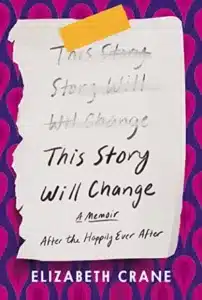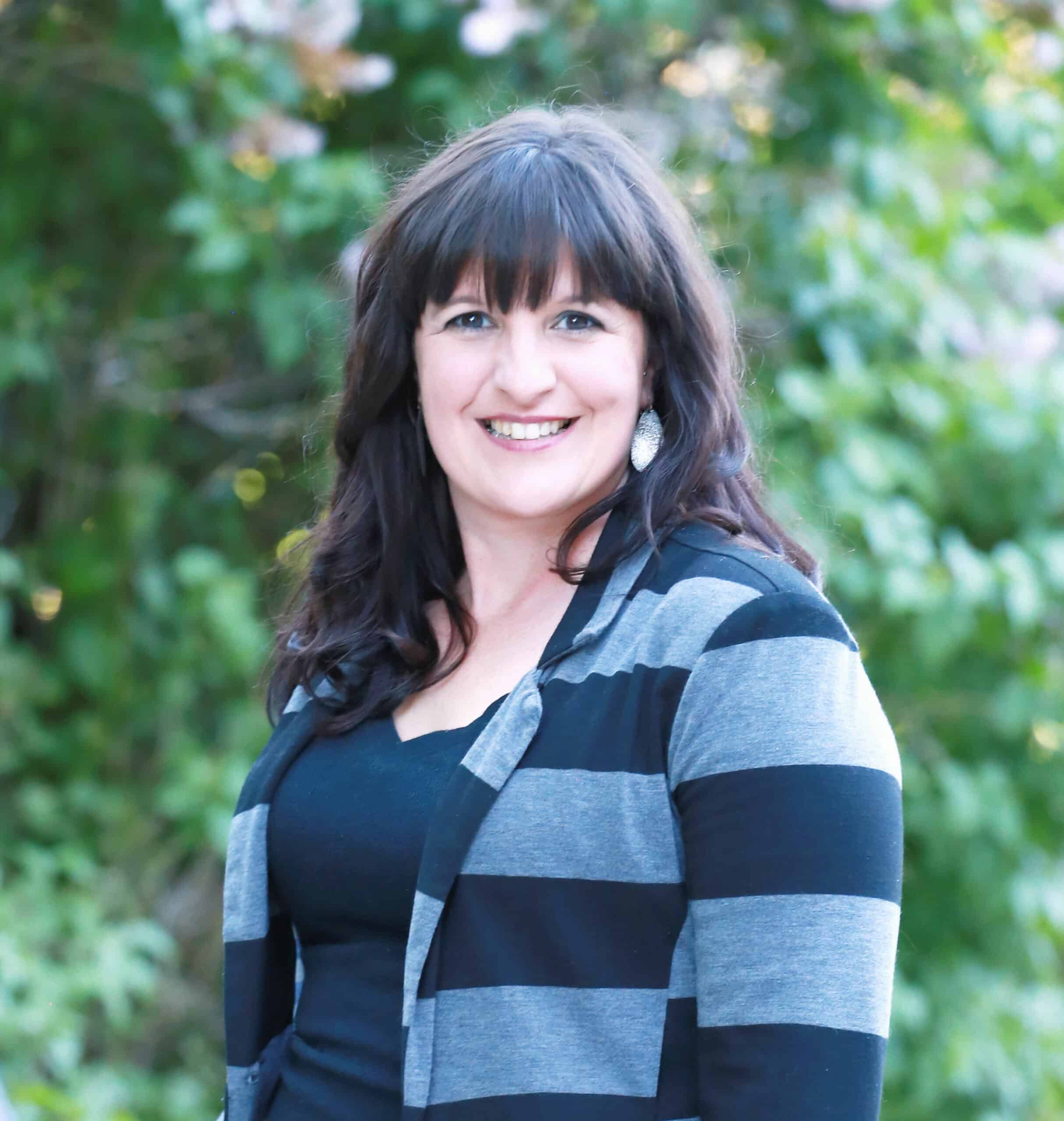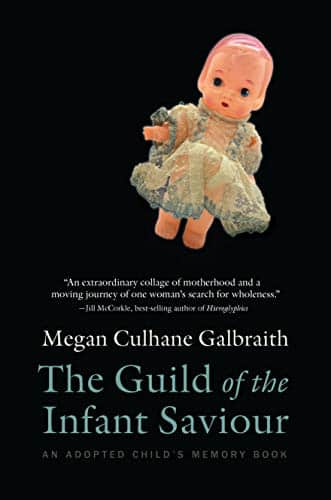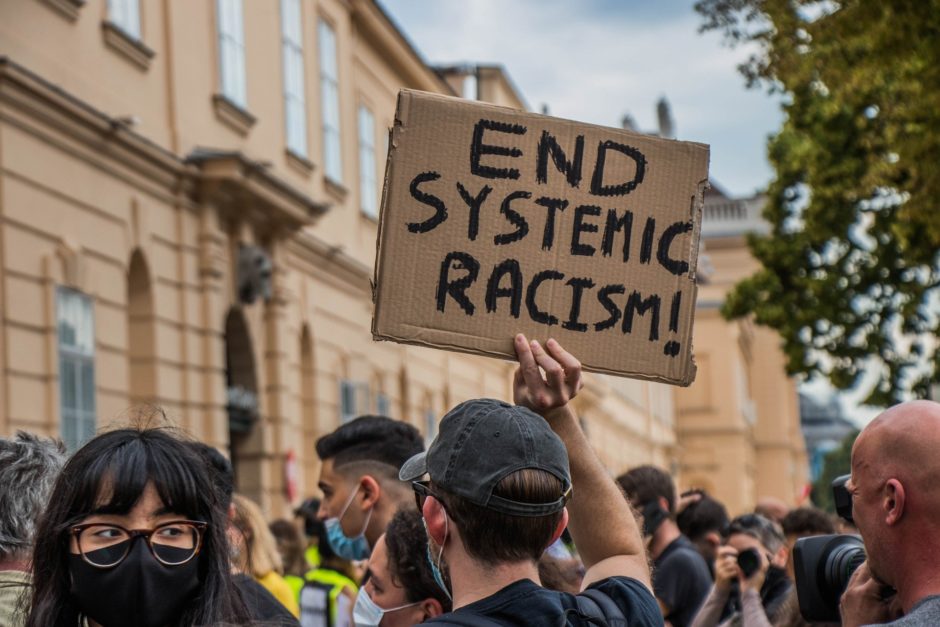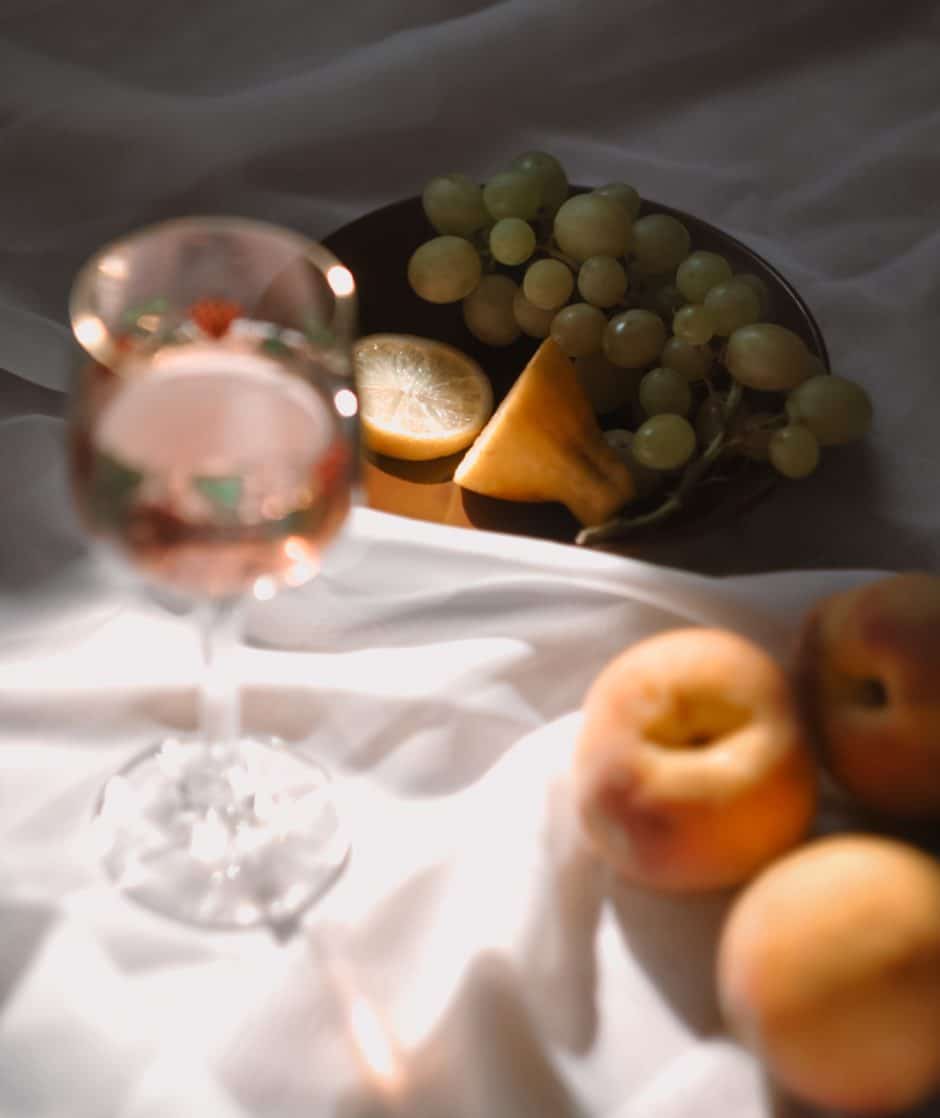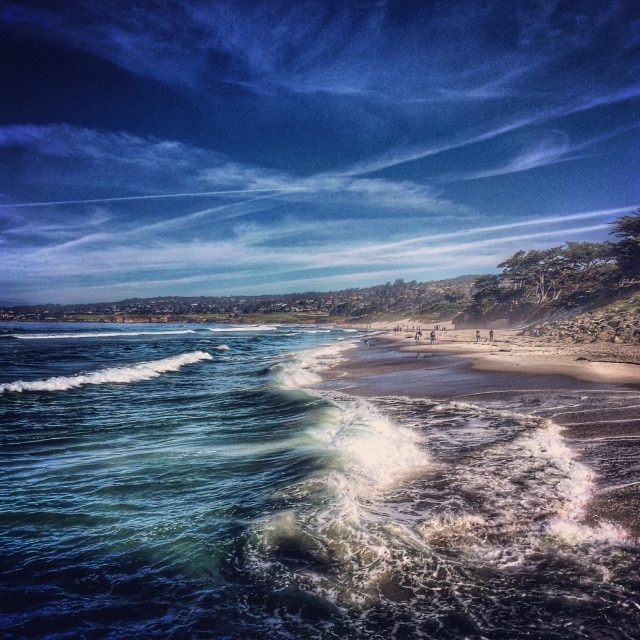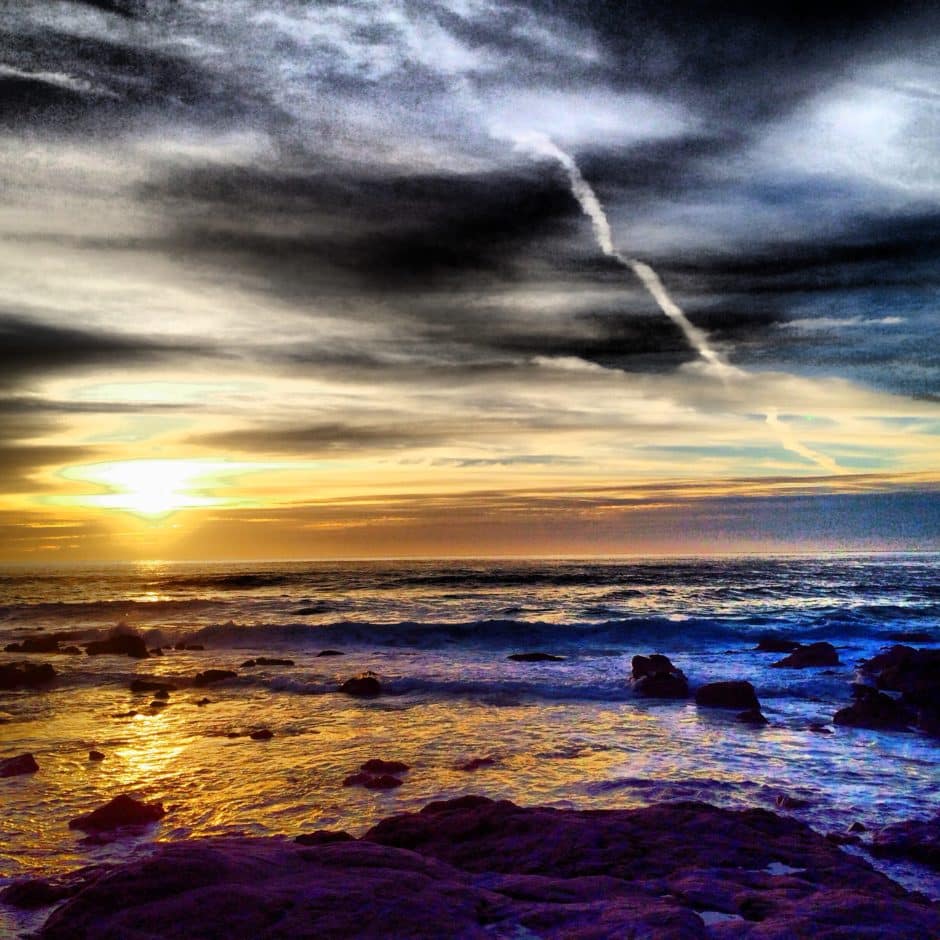It was a warm and sunny day in December and the year was 1996, my family and I were eagerly preparing for our trip to Abba, our ancestral village in Imo state, Eastern Nigeria. As the Christmas period approached, there was an air of excitement and anticipation that filled the hearts of all Igbos and Easterners because they must all go back home to the village, and I, as a child, was no exception. It was a ritual for the Igbos. We set out on our journey with great enthusiasm, eager to experience the magic of Abba during the festive season. Amongst the various festive periods celebrated in the East, such as the New Yam festival or “Iri ji,” there was something truly magical about Christmas in Abba that we all cherished.
The journey was an adventure in itself, marked by winding roads that snaked through green farms on both sides, promising cool evening breezes. Along the way, we passed through small villages where children played by the roadside and women sold their wares. It was customary to buy bread for those in the village, a gesture that was warmly received and appreciated. Each glimpse of rural life filled me with a sense of excitement and anticipation for the time we would spend in Abba. As we approached the village, the landscape transformed into fields of cassava and yams stretched out into the horizon, interspersed with clusters of palm trees that swayed gently in the evening breeze. Abba emerged like a hidden gem, its characteristic red earth roads typical of Eastern Nigeria winding their way through the village like veins connecting the heart of the community.
The village was a sight to behold, with its brightly coloured houses, bustling markets and friendly locals, all eager to welcome us. There was something truly special about Christmas in Abba. It was a time of joy, celebration, and community, where families came together to share in the abundance of the season. I felt a sense of pride and connection to my ancestry. Abba was not just a village; it was an attestation to the beauty of Eastern Nigeria and the richness of its culture. I felt blessed to be a part of it, and I knew that I would always treasure the memories of this magical place.
We arrived in the village immediately after the sun went down, the sound of my late father’s Peugeot 504 car horn interrupted the tranquillity as it pulled up to my late grandfather’s home, where I had spent many Christmas as a baby. As the car came to a stop, a group of old women and villagers emerged from their homes, singing and dancing to welcome us. They twisted their tongues and mouths as they ululated to produce familiar sounds that were like a call to other villagers to come and join them in welcoming us for a safe journey. This was a ritual that had been done for many others who arrived before and after us, and it was evidence to the warmth and hospitality of the villagers.
As we settled into our home in Abba, surrounded by the warmth and love of our family and friends, I knew that I was exactly where I was meant to be.
I was always fascinated by the way the houses blended in perfectly with nature. The village was a maze of houses, closely built together with no fences or demarcations separating them. Everyone knew each other, and the sense of unity was palpable. The warmth that emanated from the village was unique and it was due to the close-knit community of descendants from the same family tree who lived in the houses built closely together.
The houses themselves were built in the early ’60s and ’70s, and some had been remodelled in the ’90s but they had managed to retain their old-world charm. I was always fascinated by the old-style architecture of the houses. The way they were built, the way they looked, and how they blended in perfectly with nature was admirable. I was always in awe of how the houses were perfectly arranged in clusters, with the compounds of each family sitting next to one another. It was awesome and inspiring. Each house had unique features that were specific to the family that owned them, and each home had its own story to tell.
As I grew older, I realized the true beauty of the village was not just in its physical aesthetics, but in the lifestyle it offered. The communal lifestyle of the village was something I admired deeply. It taught me the value of community, of helping one another, and of living in harmony with nature. The village instilled in me a sense of belonging and a love for simple living that I carry with me to this day.
The festive season, though short, brought immense joy and happiness. Most workers did not take their leave from work early in the year, but they did so during the period so they could enjoy the close-to-nature life and peace that the village brought.
During our stay in Abba, we played local games with cousins and family, visited other families not in our kindred, and were spoilt with local meals and traditional snacks like tapioca, made out of cassava eaten on its own or with groundnuts or coconuts, and “Abacha” made out of cassava too popularly called African salad turned in palm oil and contained garden eggs and onions and pepper with fish or meat and any green vegetable.
Some days, we watched the village’s traditional dance performance, where the young female dancers wore colourful costumes and were sprayed with money. We could feel the energy of the crowd as they cheered on their favourite performers.
We looked forward to the masquerade displays on certain days, with the big masquerades competing against the smaller ones. We also enjoyed the local “egelege” or wrestling matches where able-bodied young men would contest for whose back would touch the ground first. There were no prizes. The only prize was the boasting throughout the year until the next Christmas for the family whose representative won. I was proud to have been a part of the community’s traditions.
Despite not being able to attend all the events during the period, we always tried our best. There were carnivals to attend heralding the New Year before we all said our goodbyes. As the New Year came, I felt a sense of sadness, knowing that it would be a long time before I could return because I was moving to another country for schooling but I left with the memories of the warm welcome and the love of the community, promising to return soon. We left for the city. The memories of my time in the village stayed with me for a long time, and I often reminisced about the warmth and kindness of the villagers. We had experienced a beautiful and memorable Christmas, filled with love and happiness that I would cherish forever.
Fast forward to 2023, I decided to revisit Abba after many years away. The journey was long and tiring, but I was eager to see the place I once called home. As I drove through the village, I was struck by the stark contrast between the present and the past. As I walked through the village, I couldn’t help but feel a deep sense of anguish, pain, sorrow, and loss. The Abba that I once knew and loved was no more. The communal lifestyle that had once been the heart and soul of the village had disappeared, replaced by high fences and gates that separated families and neighbours from one another.
I remembered many of the houses with the old style architecture reminiscent of the past had all been abandoned and were in a state of disrepair. They were dilapidated and some had been replaced by modern, high-rise buildings. The trees and natural atmosphere that once existed were no more, cut down in the name of development to build halls for events and more fenced houses. The air was polluted, and the sense of community that I remembered as a child had slowly faded away.
As I walked through the village, I noticed the rifts between families who were not speaking, even those who descended from the same family tree. Cousins who had grown up in Abba had moved away from the communal lifestyle of living and were living among strangers or in neighbouring villages. The fences were higher than those found in prison yards, and insecurity played a huge role in these new developments. People needed to protect themselves and were apprehensive. In the past, you could get from one house to the other, but now you are restricted by gates, and you have to call before visiting, and even when you do, you have to knock on gates and introduce yourself before you are let in.
I longed for the warmth and sense of community that Abba once had. The more I walked, the worse it became. I wept for my lovely Abba town which looked like a stranger’s land. I visited the popular “Eke” market that occurs every four days, hoping to find some comfort there. The once-colourful stalls were now empty, and the paint on the walls was gone. I felt a pang of sadness as I remembered the lively market where I used to run errands for my mother. I introduced myself to the elderly women gathered under the cashew tree at a spot in the centre of the market. I described who my ancestors and parents were to them, and before I could finish, they recognized me as they screamed and said the usual retort “we carried you as a child.” They said this to everyone. The women told me stories of dead relatives and the lost warmth of the village. Some of the women were in a bad state and some had been forgotten by their descendants. The stories were sorrowful, and I felt the weight of the pain and loss that had befallen Abba.
Development is not always positive because it took away the unique village setting of Abba and its accompanying natural habitat. I longed for the past, for the life that I used to know and love, but it was no more. I longed for the warm embrace of my great aunt, who waited for me with a bowl of traditional meals but she was no longer there, and neither were many of the people I knew. A lot of aunties and uncles had died over the years, and the older generation had forgotten to do reunions and foster peace as they left for the great beyond. Most times, you are introduced to extended family as if you are strangers.
The tall fences that were erected to provide security had become the prison walls that separated the families. I wept for the loss of the community that I once knew.
Nonetheless, I found comfort in the history that these houses and Abba held. Each house had a story to tell, and they might not look the same as when I was a child but they still held great significance in my heart, and I was grateful for the memories and experiences that the village had given me.
As I shut my camera and got into the car, tears streamed down my face from nostalgia and realization for Abba, the warm village that used to be. When life was simpler, and people lived in harmony with nature. The beauty of the houses and the lifestyle of the community were a testament to the power of unity. I left the village feeling inspired to seek out and appreciate the beauty in my own life, and to cherish the sense of community that can be found in the most unexpected places. I thought about the importance of preserving the history and culture of our villages. It’s the only way to keep the sense of community and warmth that Abba once had. I promised to do that in the future, but for now, I will wallow in the pains, the new Abba dealt to me.
Note:
“Eke” is a popular market day that occurs in the Igbo speaking part of Eastern Nigeria. There are four market days (Eke, Orie, Afor, and Nkwo)
“Egelege” is a name for a kind of wrestling
“Tapioca” a name for local food/snacks made out of cassava
“Iri ji” igbo name for new yam festival
Sally Bonn-Ohiaeriaku is an Igbo, Nigerian, woman. An Environmentalist passionate about the art particularly writing and photography. She volunteers with NGOs in her community. She says it is a great way to give back and create positive impact.
***
Wondering what to read next?
This is not your typical divorce memoir.
Elizabeth Crane’s marriage is ending after fifteen years. While the marriage wasn’t perfect, her husband’s announcement that it is over leaves her reeling, and this gem of a book is the result. Written with fierce grace, her book tells the story of the marriage, the beginning and the end, and gives the reader a glimpse into what comes next for Crane.
“Reading about another person’s pain should not be this enjoyable, but Crane’s writing, full of wit and charm, makes it so.”
—Kirkus (starred review)
***
The ManifestStation is looking for readers, click for more information.
Your voice matters, now more than ever.
We believe that every individual is entitled to respect and dignity, regardless of their skin color, gender, or religion. Everyone deserves a fair and equal opportunity in life, especially in education and justice.
It is essential that you register to vote before your state’s deadline to make a difference. Voting is not only crucial for national elections but also for local ones. Local decisions shape our communities and affect our daily lives, from law enforcement to education. Don’t underestimate the importance of your local elections; know who your representatives are, research your candidates and make an informed decision.
Remember, every vote counts in creating a better and more equitable society.


